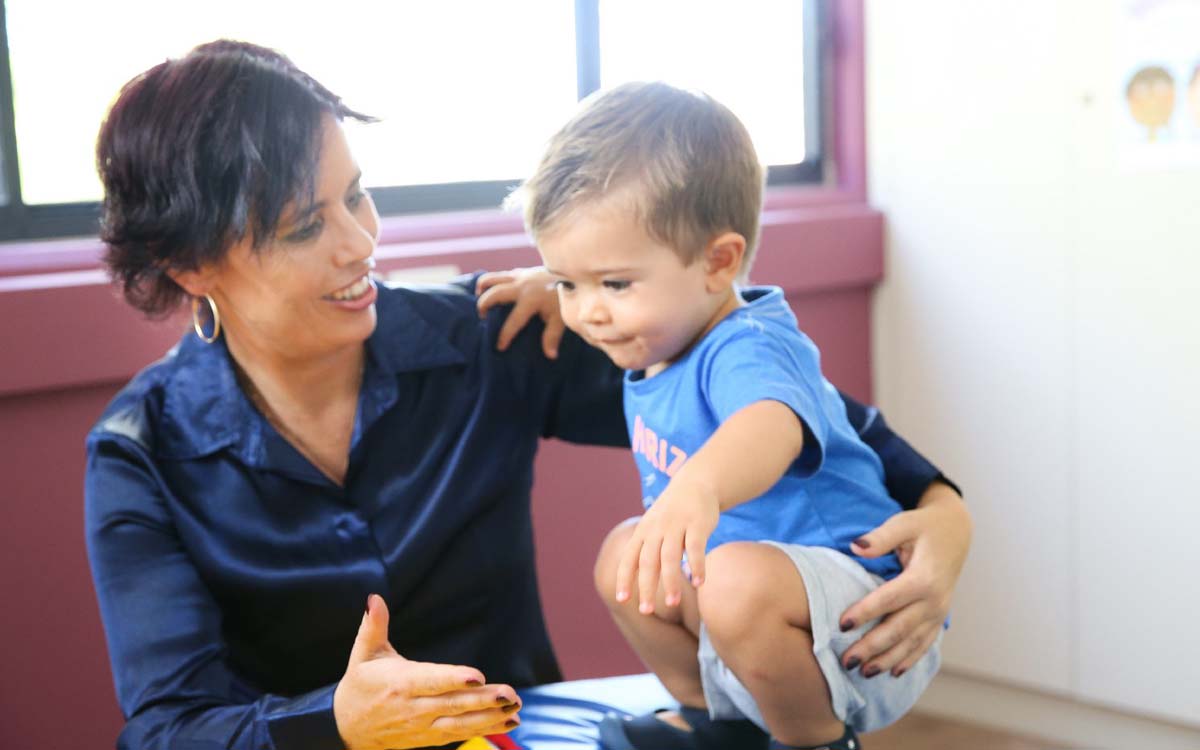Is perfectionism affecting your child? Do you even know the signs?
Behaviour Specialist Tanya Curtis gives us the low down on what she describes as the ‘hidden epidemic’ impacting our kids — and even the adult population.
Have you ever sat beside a child when they are:
- Upset because they have been corrected on something?
- Tense on receiving feedback about their behaviour or anything they have done?
- Feeling devastated because they are told they are wrong?
- Having a meltdown because they have lost or did not get a result they wanted?
- Getting a tight chest when it’s time for exams or performances of any sort?
- Devastated when their friends have judged them negatively based on what they have done?
- Feeling paralysed about leaving the house because their outfit or hair might not be ‘perfect’?
- Freezing because they have to make a decision?
As a Behaviour Specialist, I have seen more than 2000 children from the Gold Coast and Brisbane in the last ten years at Fabic. I’ve sat beside many children, teenagers and even adults as they experience the intense symptoms associated with perfectionism.
In fact, in my career, I have met very few if any children (or adults) who are not affected by this hidden epidemic I’m calling perfectionism.
Perfectionism is contributing to increased cases of low self-esteem, anxiety, stress and is also impacting on learning outcomes and behaviours in the classroom. I see people living in a way where they may ‘choose to fail’. That is, they choose not to try because they are so concerned about not doing something perfectly it is more comfortable to not try at all.
So what is perfectionism?
Perfectionism is simply when we are striving for the impossible — wanting our ‘doing’ to always be ‘perfect’. Seeking perfectionism through what we do is fuelled by seeking acceptance from self and others based on our actions (our doing). This trap leads to feelings of rejection and low self-worth as seeking perfectionism through our doing is a guarantee for failure as there is always going to be something we can’t do perfectly.
This statement is knowing that our ‘being’ has, and will always be, perfect; however, our ‘doing’ may sometimes require correction. While we strive for perfectionism in our ‘doing’ we guarantee a state of anxiety, which in turn leads to the use of unwanted or non-preferred behaviours.
Five Signs that Perfectionism Is Impacting Your Child:
- My child only does things they know they are already going to be good at
- My child gets upset, anxious, uncomfortable and angry when they lose or are corrected on anything they have done or said
- My child tries to be ‘right’ all of the time and may hold back from asking questions in case they are seen as ‘wrong’ or ‘not already knowing’
- My child finds it difficult to make decisions — “What if I make the wrong decision?”
- My child avoids trying new activities and will often sit back and watch, only joining in once they know they can do something.
At Fabic I have been teaching children, teenagers and adults to defeat this rising trend that is largely unspoken of. From these teachings, our children’s book Whoops! Is One of My Favourite Words has been co-created.
This article was originally published in the November 2015 Edition of Haven Magazine.







